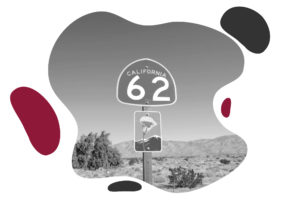
This name is used commonly to describe Canadians (mainly seniors) escaping to the Southern United States for the harsh winters up here. While one of these “snowbirds” is enjoying golfing or relaxing by the pool, they’re certainly not thinking of tax implications of living in the states at this time. With the Internal Revenue Service (IRS) heavily cracking down on these “snowbirds”, it is especially important to ensure that one does not get taxed twice even though they have stronger ties to Canada.
The big thing is to determine how long one will be living in the US during the winter months. As soon as one lives outside of Canada for 183 days or more (6 months) during the year, that person will be subject to US tax laws and may be taxed on worldwide income. In addition, if there are strong ties in Canada (such as a home, family, bank account, etc), the Canada Revenue Agency may still deem that person to have lived in Canada for the entire year and will have the full income taxed, effectively double-taxing that person by both countries!
Fortunately, there is a US / Canada tax treaty in place to help reduce the taxes, but there are still issues facing the “snowbirds”. If one stays in the US for less than 31 days, that person is considered a visitor and there are no US tax obligations. If one stays in US for more than 31 days but less than 183 days, that person may be classified as “substantial presence” and the US will check the prior years to determine how long s/he have stayed in the US in prior years. If the length of stay was similar to prior years, then that person may have to pay taxes. However, you may qualify for tax exemptions. There is a form called “IRS Form 8840, Closer Connection Exception Statement for Aliens”. This would help prove that the taxpayer has stronger ties to Canada and would help the taxpayer to not pay any US taxes. Failure to do so can result in fines up to $1000 for each source of income received, even if there are no US taxes to be paid. As most senior citizens have OAS, CPP, and a pension plan of some sort, this can result in up to $3000 in fines for one person!
Before you head south this winter, talk to your accountant on how you can prepare for the coming tax season. So you can have a worry free time and enjoy the warm weather.







